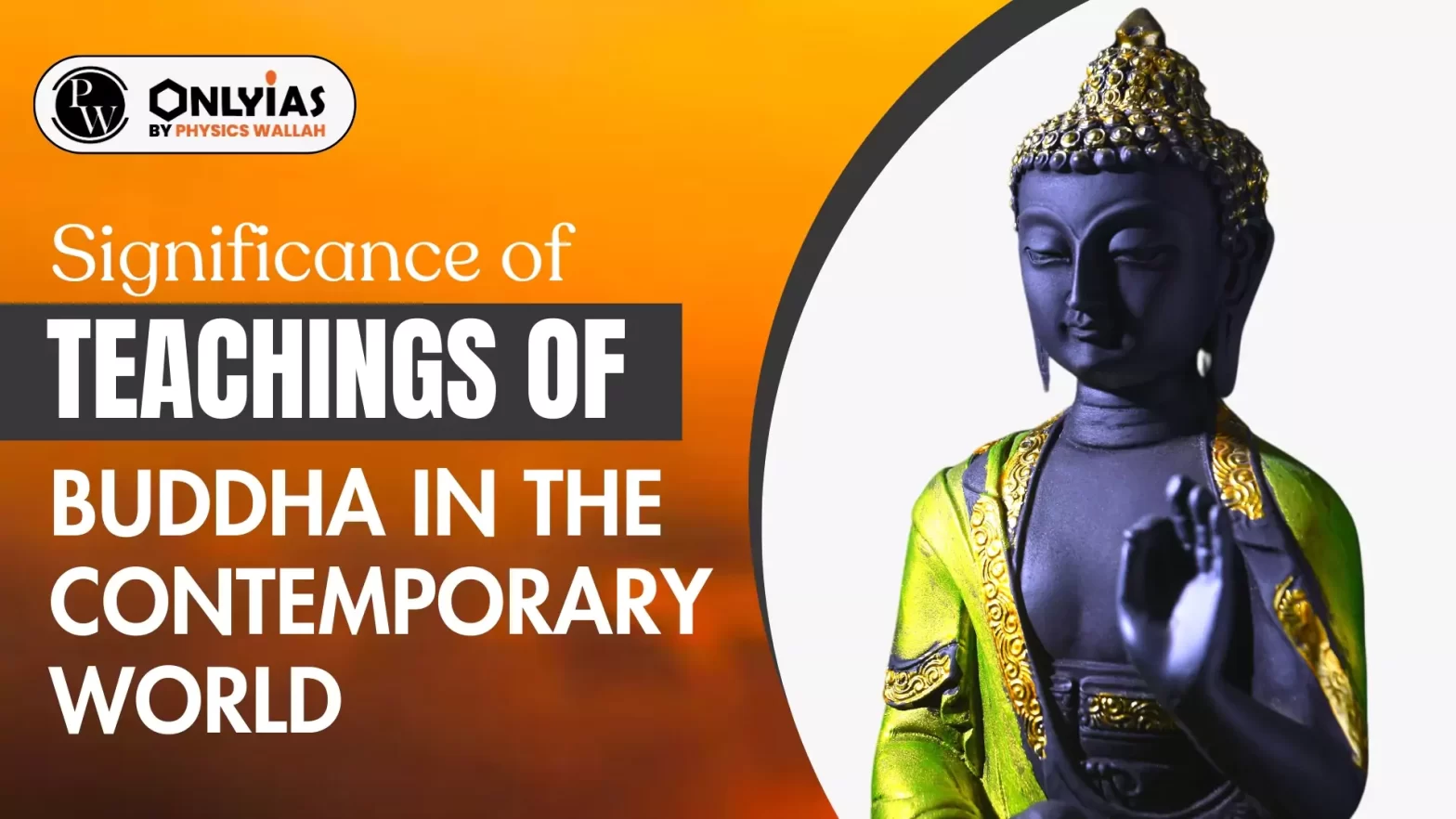![]() 22 Jan 2024
22 Jan 2024

This editorial is based on the news “Teachings of Buddha are not relics of the past, but a compass for our future – Vice President of India” which was published in The PIB. Recently, the 12th General Assembly of the Asian Buddhist Conference for Peace (ABCP) was inaugurated in New Delhi by the Vice President of India.
| Relevancy for Prelims: Teachings of Buddha, Jainism And Buddhism 12th General Assembly of the Asian Buddhist Conference for Peace, and Global South.
Relevancy for Mains: Contemporary Relevance Of Buddha’s Teachings. |
|---|

| Must Read | |
| NCERT Notes For UPSC | UPSC Daily Current Affairs |
| UPSC Blogs | UPSC Daily Editorials |
| Daily Current Affairs Quiz | Daily Main Answer Writing |

<div class="new-fform">
</div>